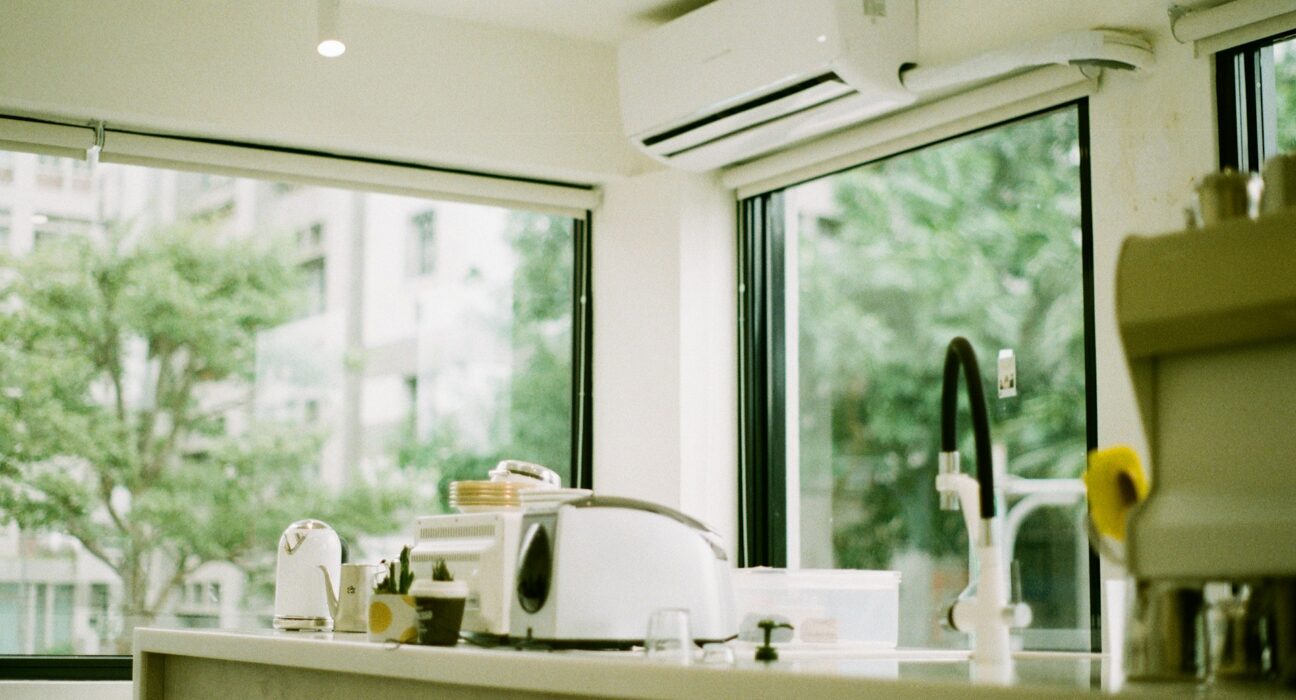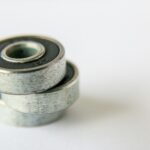Your heating and cooling system works around the clock to keep your home comfortable, but without proper care, even the most expensive units can fail when you need them most.
Regular HVAC maintenance isn’t just a suggestion from service technicians—it’s a smart investment that protects your comfort, your wallet, and your peace of mind.
This comprehensive overview explores the key advantages of scheduling routine maintenance for your heating and cooling system, from improved energy efficiency to extended equipment lifespan.
You’ll discover how preventive care can save you money, enhance your home’s comfort, and help you avoid costly emergency repairs.
Enhanced Energy Efficiency Reduces Monthly Bills
One of the most compelling reasons to maintain your HVAC system is the significant impact on your monthly energy costs. A well-maintained system operates more efficiently, using less energy to achieve the same level of comfort.
How Maintenance Improves Efficiency
During routine service visits, technicians clean crucial components like air filters, coils, and blower motors. Dirty filters force your system to work harder, while clean components allow air to flow freely throughout your home.
This improved airflow means your system reaches your desired temperature faster and maintains it with less effort.
Measurable Energy Savings
Regular maintenance typically reduces energy consumption by 5-15% compared to neglected systems. For the average homeowner spending $1,500 annually on heating and cooling, this translates to savings of $75-$225 per year. Over the lifespan of your system, these savings can add up to thousands of dollars.
Improved System Performance Enhances Comfort
Consistent maintenance ensures your HVAC system delivers reliable performance throughout the year. Well-maintained equipment provides better temperature control, improved air circulation, and more consistent humidity levels.
Temperature Control and Air Quality
Regular tune-ups include calibrating thermostats, checking refrigerant levels, and ensuring all components work together seamlessly. This coordination results in more accurate temperature control and eliminates hot or cold spots in your home.
Additionally, clean filters and components improve indoor air quality by effectively removing dust, allergens, and other airborne particles. This creates a healthier living environment for your family.
Reduced Noise and Vibration
Maintenance visits include lubricating moving parts, tightening connections, and checking for worn components. These steps reduce operational noise and vibration, creating a quieter, more comfortable home environment.
Extended Equipment Lifespan Protects Your Investment
Your HVAC system represents a significant investment, often costing $5,000-$15,000 or more to replace. Regular maintenance helps protect this investment by extending your system’s operational life.
Preventing Premature Wear
Routine maintenance addresses minor issues before they become major problems. Replacing worn belts, cleaning components, and adjusting settings prevents excessive strain on your system’s components. This proactive approach can extend your system’s life by 5-10 years or more.
Manufacturer Warranty Protection
Many HVAC manufacturers require proof of regular maintenance to honor warranty claims. Skipping maintenance could void your warranty, leaving you responsible for expensive repairs that would otherwise be covered.
Early Problem Detection Prevents Costly Repairs
Professional maintenance visits provide opportunities to identify potential problems before they cause system failures. Experienced technicians can spot warning signs that homeowners typically miss.
Identifying Potential Issues
During maintenance visits, technicians inspect electrical connections, check refrigerant levels, test safety controls, and evaluate overall system performance. They can identify issues like refrigerant leaks, worn components, or electrical problems that could lead to complete system failure if left unaddressed.
Cost Comparison: Maintenance vs. Repairs
Annual maintenance typically costs $100-$300, while emergency repairs can range from $500-$3,000 or more. Major component replacements, such as compressors or heat exchangers, can cost $2,000-$5,000. Regular maintenance significantly reduces the likelihood of these expensive repairs.
Seasonal Maintenance Schedules Maximize Benefits
Different seasons place varying demands on your HVAC system, making seasonal maintenance particularly important for optimal performance.
Spring Maintenance Preparation
Spring maintenance prepares your cooling system for summer’s demands. Technicians clean condenser coils, check refrigerant levels, test electrical connections, and ensure your system is ready for increased usage during hot weather.
Fall Maintenance Priorities
Fall maintenance focuses on heating system preparation. This includes inspecting heat exchangers, testing safety controls, checking gas connections, and ensuring your heating system operates safely and efficiently throughout winter.
Professional Service vs. DIY Maintenance
While homeowners can perform basic maintenance tasks like changing filters, professional service provides comprehensive system evaluation and specialized repairs that require technical expertise.
What Homeowners Can Do
Regular filter changes, keeping outdoor units clear of debris, and monitoring system performance are important tasks homeowners can handle. These simple steps support professional maintenance but don’t replace it.
When to Call Professionals
Complex tasks like refrigerant handling, electrical work, gas line inspection, and safety control testing require professional expertise. Qualified technicians have the tools, training, and experience to perform these tasks safely and effectively.
Choosing the Right HVAC Service Provider
Selecting qualified furnace installers and service technicians ensures you receive high-quality maintenance that delivers the benefits outlined above.
Credentials and Experience
Look for licensed, insured professionals with experience servicing your specific equipment type. Certifications from organizations like NATE (North American Technician Excellence) indicate advanced training and competency.
Service Agreement Benefits
Many companies offer maintenance agreements that include regular service visits, priority scheduling, and discounts on repairs. These agreements help ensure consistent care for your system while often providing cost savings compared to individual service calls.
Maximizing Your HVAC Investment Through Consistent Care
Regular HVAC maintenance provides tangible advantages that go well beyond keeping your system running.
You can enjoy reduced energy costs, improved comfort, extended equipment lifespan, and fewer costly repairs. Consistent professional care not only protects your investment but also enhances the overall livability of your home.
The secret to achieving these benefits is working with skilled professionals who understand your system’s unique requirements. With comprehensive maintenance services and timely issue resolution, you can ensure your HVAC system operates safely, reliably, and at peak energy efficiency for years to come.
Don’t wait until issues arise. Schedule your maintenance service today and experience the peace of mind that comes with a well-maintained, energy-efficient HVAC system.







